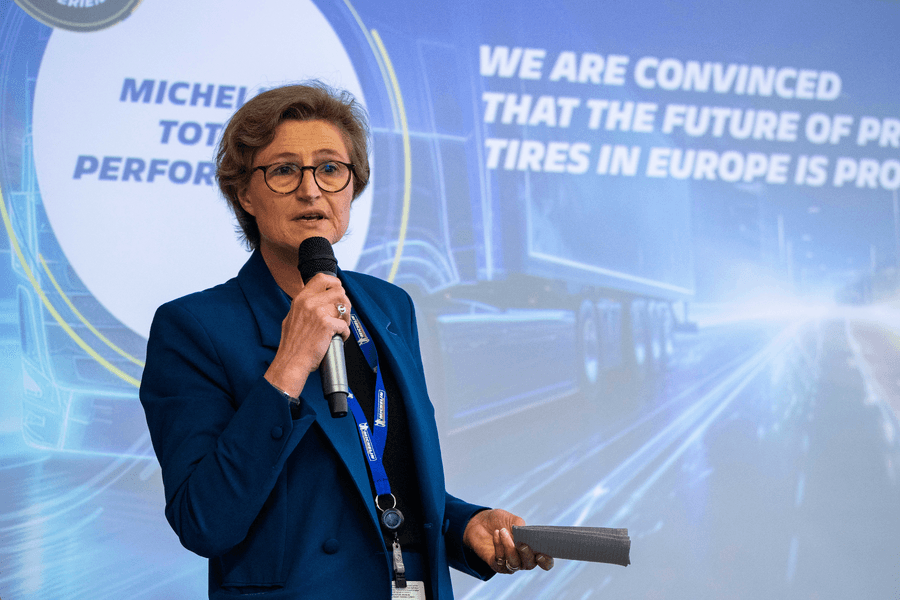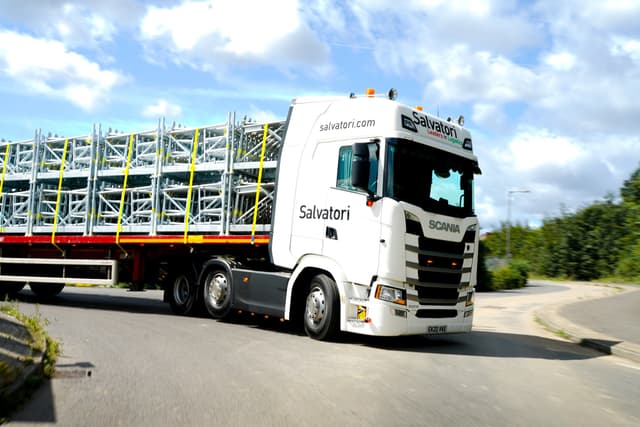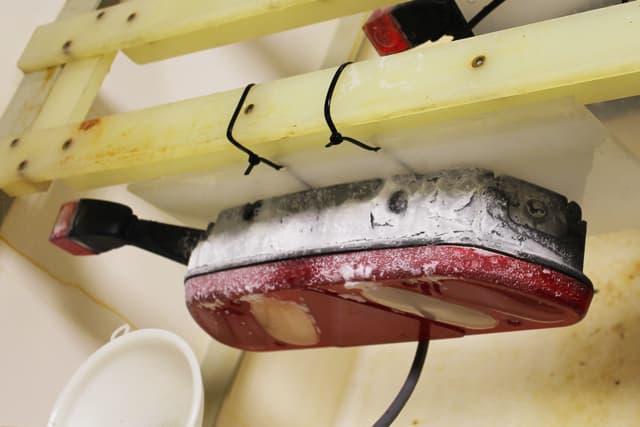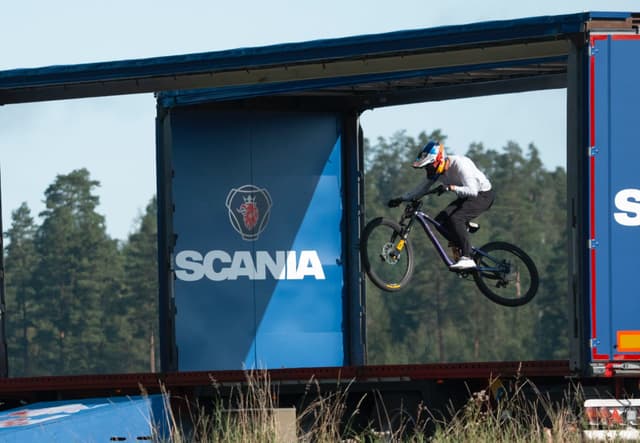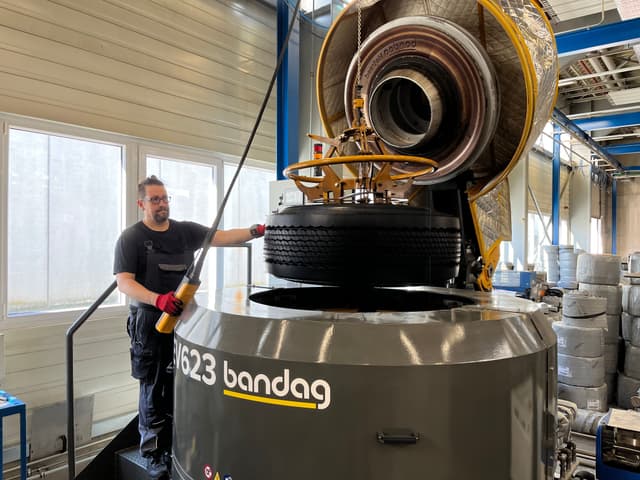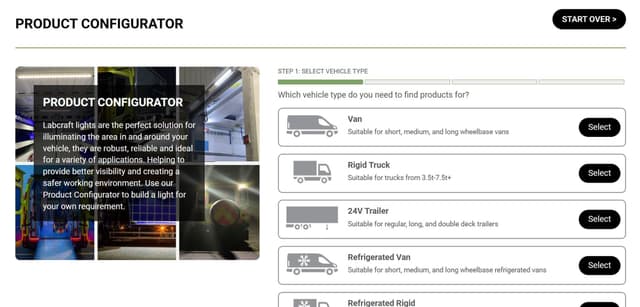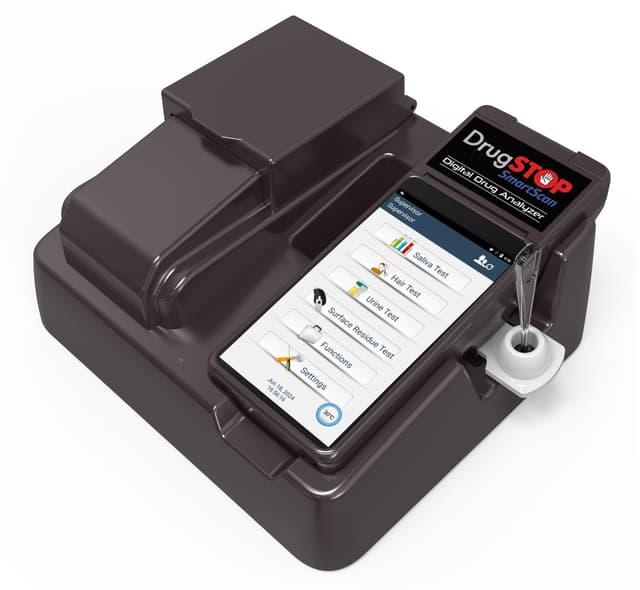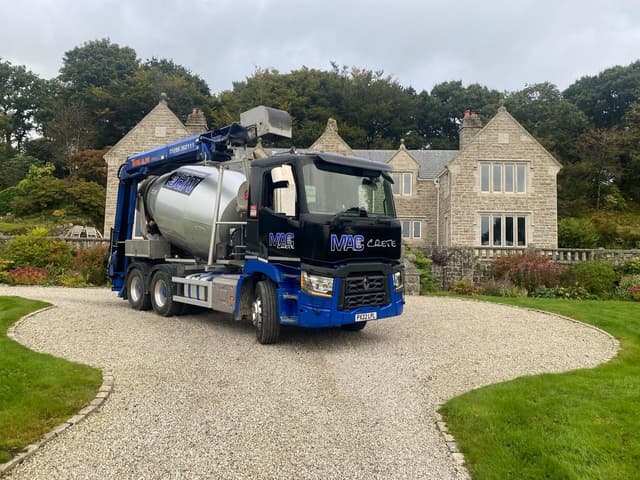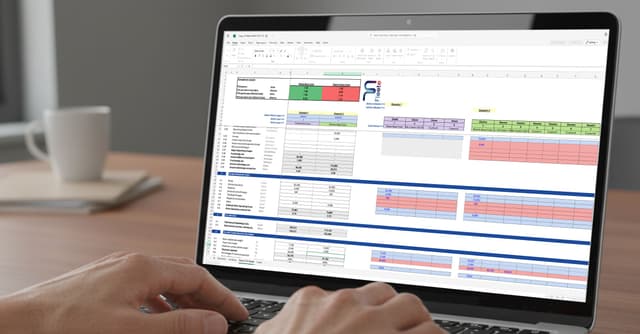Michelin Reinvents the Road: Sustainability, Safety, and Smarter Tyres for the Future of Haulage
Michelin is setting a bold course for the future of road transport. With a plan to renew 80% of its truck tyre range over the next four years, the global tyre giant is pledging a dual commitment to environmental sustainability and operational efficiency for hauliers.
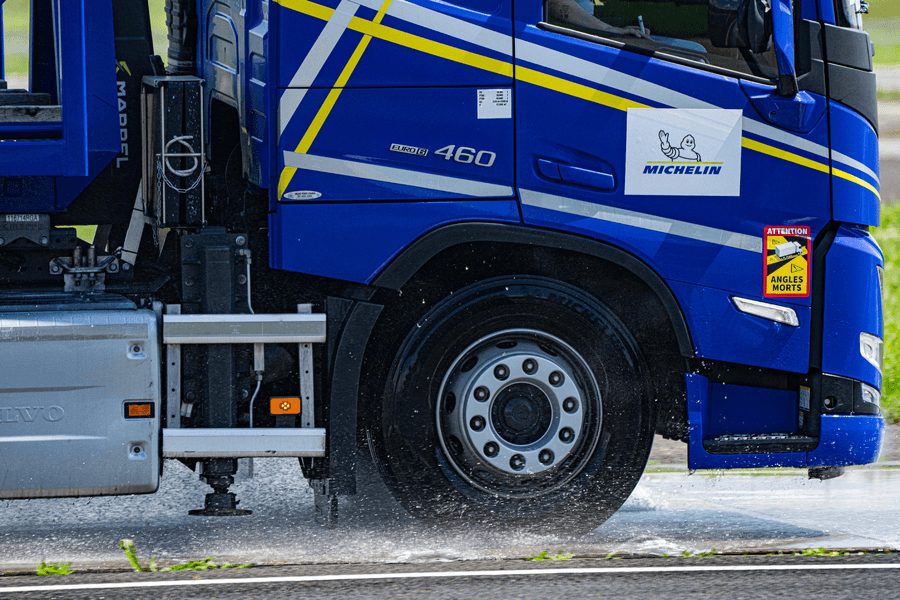
The new-generation tyres promise fuel savings of up to 12% and up to 20% better durability compared to rival offerings—key benefits as fleets grapple with rising costs and growing pressure to decarbonise.
Cutting Emissions and Fuel Costs
At the heart of this transformation is Michelin’s new X Line Energy 3, now rolling out in 60 series drive (295/60 R22.5) and steer (315/60 R22.5) sizes. These tyres are designed for long-haul use and are the first in their segment to achieve an A-rating for energy efficiency. They represent Michelin’s answer to premium market rivals such as Bridgestone, Goodyear and Continental, and the rising tide of low-cost imports from the Far East.
A key differentiator, according to executive vice president Benedicte de Bonnechose, is Michelin’s deep expertise in retreading. While many cheaper tyres cannot be reused, Michelin’s Remix 2 programme allows its tyres to be retreaded up to twice and regrooved as many as three times. This extends tyre life dramatically, cuts down fleet costs, and sharply reduces environmental impact by using fewer raw materials and less energy than producing new tyres.
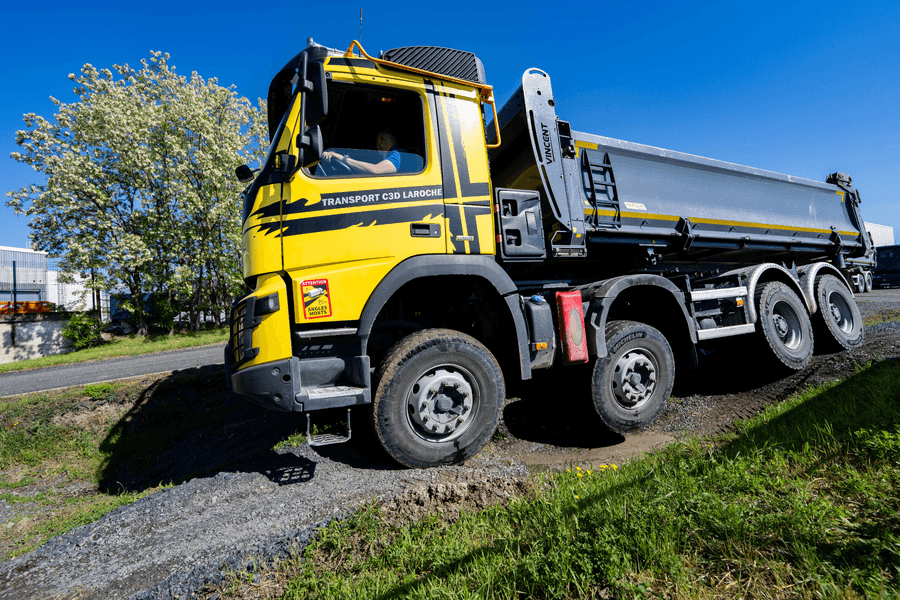
Pushing Sustainability Further
Michelin’s ambitions stretch well beyond efficiency. By 2030, it plans for 40% of every tyre it makes to be composed of recycled or renewable materials, a figure it aims to push to 100% by 2050. To demonstrate what’s possible today, it has unveiled a 275/70 R22.5 bus tyre made with 58% sustainable content—including silica from rice husks, carbon black from end-of-life tyres, and recycled scrap metal. It’s the first of its kind to be road-homologated at this level of sustainability.
Readying for Euro 7
Looking ahead, the Euro 7 emissions regulations—set to include non-exhaust emissions from tyres and brakes—are looming. While enforcement for truck tyres won’t kick in until April 2032, Michelin says it’s already working to cut particulate emissions from its products. With 30% of trucks in Europe expected to be electric by 2030, Michelin is also preparing tyres with the load ratings required for battery-heavy vehicles.
Backing this innovation is a €786 million R&D budget and a 1,100-acre research centre in Ladoux, France, home to 4,000 employees and 22 test tracks. Michelin’s innovation footprint extends beyond tyres too—its HydrogenLab in Montpellier is pioneering materials for hydrogen fuel cells, part of a broader commitment to future mobility.
Safety and Performance That Lasts
While fuel efficiency and sustainability are central pillars, Michelin insists safety remains its top priority. Its X Line Energy 3 and new X Multi Energy 2 for regional transport are designed to offer superior wet lateral grip—certified by independent tester DEKRA. Even more impressively, Michelin has improved grip performance as the tyres wear. For the X Multi Energy 2, grip has improved by over 5% both when new and two-thirds worn, compared to its predecessor.
Regional and tipper operators aren’t left behind either. Michelin is expanding its offering with X Works Z2 and D2 on-/off-road tyres, due by September.
Smarter Tyres, Smarter Fleets
Michelin’s vision isn’t limited to what rolls on the road. Increasingly, digital connectivity is transforming fleet management. Through Michelin Connected Solutions, transport managers can monitor idling time, identify aggressive driving that wastes fuel, and improve overall driver behaviour. The system also taps into onboard tyre pressure monitoring, allowing timely interventions to prevent breakdowns—potentially reducing tyre-related failures by up to 80%.
By leveraging real-time data, Michelin says fleets can extend tyre life by as much as 9%, boosting profitability alongside reliability.
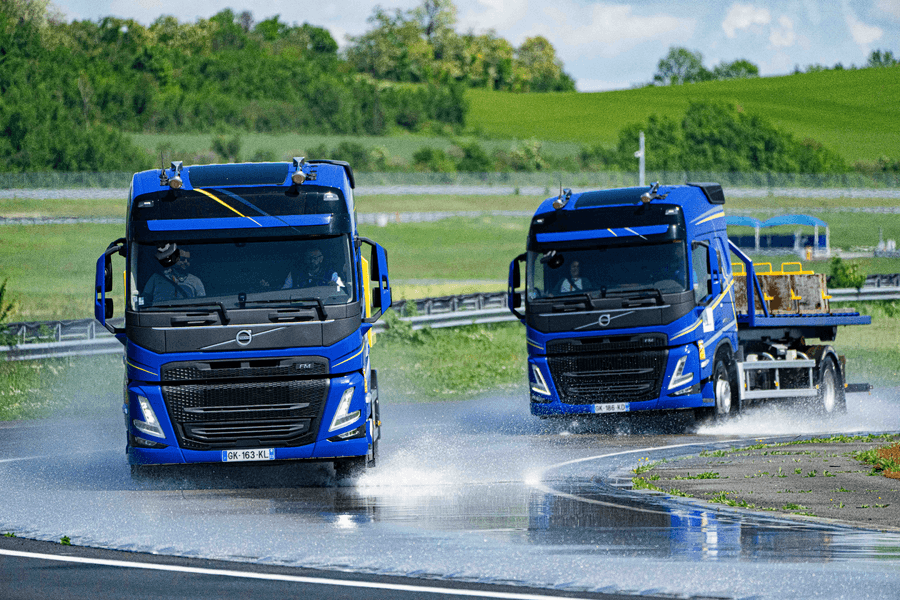
The Road Ahead
Michelin’s roadmap for the future is defined by three guiding principles: sustainability, safety, and smart technology. From greener materials and longer-lasting tyres to real-time insights that keep trucks on the road and out of trouble, it’s a strategy tailored for the changing landscape of European transport. As Euro 7 edges closer and electric trucks become more prevalent, Michelin appears ready—not just to compete, but to lead.
